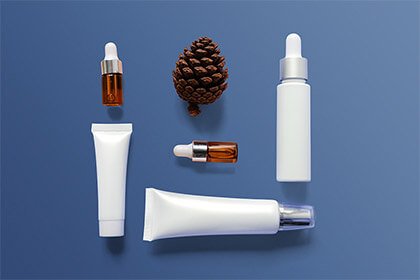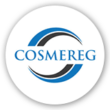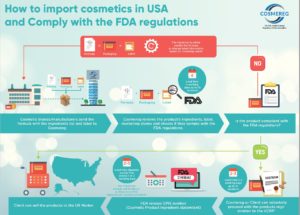FDA cosmetic regulations In the U.S., all color additives—including dyes, pigments, or any other substances that add color to a cosmetic product—are subject to regulation by the U.S. FDA. Cosmereg offers assistance helping you to meet the standards and file for cosmetic color additive and color batch certification from the FDA. Our team can prepare reports on the specific requirements, lend guidance on the protocol, and help you file for certification to help the process go more quickly and smoothly.
FDA Cosmetic Regulations and Cosmetic Labeling Requirements
U.S. FDA regulates all cosmetic products that are intended to be sold and used in the US. In addition, the state of California has its own requirements that go beyond the rest of the united state’s regulations.
- Accurate Label Review
- Fast Turnaround
- 8 years of experience
FDA COSMETIC REGULATIONS SERVICES
Cosmereg provides assistance for both United States-based and non-US-based companies with FDA cosmetic regulations and VCRP registration who wish to sell cosmetics products in the United States and the state of California.
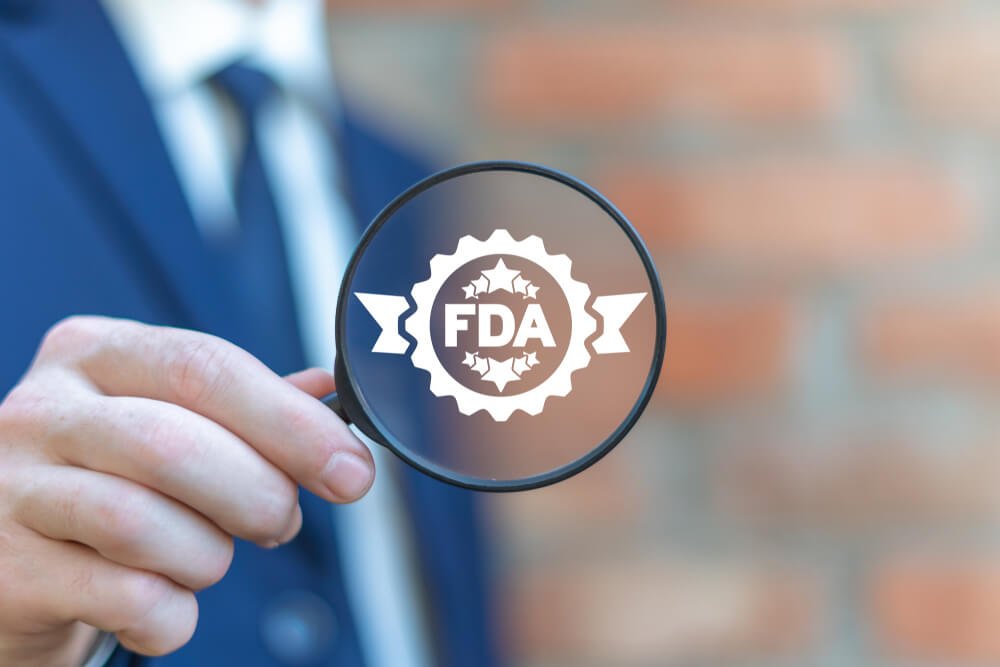
FDA COSMETIC LABELING AND INGREDIENT REQUIREMENTS
FDA cosmetic regulations have strict laws regarding both the ingredients and labeling of cosmetic products. Some cosmetics are even classified as drugs, making the requirements even stricter and more difficult to comply with. Cosmereg can assist you in FDA cosmetic labeling requirements and ingredient compliance by cross-referencing your labeling against the Code of Federal Regulations, the Federal Register, the VCRP Cosmetic Ingredient Dictionary, the FDA Labeling Manual, and more.

CSCA (CALIFORNIA SAFETY COSMETIC ACT) – CALIFORNIA PROPOSITION 65)
California release its Safe Cosmetic Act and became the first state to pass a legislation around safety and reporting cosmetic ingredients. The program aims to protect consumers and promote the safe manufacture of cosmetic products.
It requires manufacturer, packer or distributor, with at least $1 million annual revenue, to identify any cosmetics products that contains ingredient known to be potentially harmful or harmful to consumers – e.g. ingredients that could cause cancer, birth defects, etc. They also have to report ingredients concentration within the product and continuously update the report in the case of any change. Hazardous and potentially hazardous ingredients are identified within a list of chemical ingredients including chemicals listed under California’s Proposition 65 as well as those listed by the U.S. Environmental Protection Agency (EPA), the Center for Evaluation of Risk to Human Reproduction (CERHR) and the International Agency for Research on Cancer (IARC).

FDA OTC REGISTRATION
There are some products that meet the legal definitions of both cosmetics and drugs. This may happen when a product has two lawful intended uses. One of the primary cosmetic/drug combinations are products with Anti-Acne, Toothpaste & anti-cavity, Anti-Dandruff, Hair growth / hair loss, Skin bleaching, Hand sanitzer and, Sunscreen protection claims. Ingredients of these products are regulated by FDA as both cosmetics and as over-the-counter (OTC) drugs. In these special cases, the products must comply with FDA cosmetic regulations and FDA drug regulations. Here below the steps and requirements to comply:
- Active Ingredients review in order to check if they comply with the US FDA OTC monograph
- Appoint a US Agent and Register the Drug Establishment
- Request the Labeler code and get the NDC number
- Drug listing via electronic portal after obtaining the NDC number
The product must comply with the cGMP standards;
Only after electronic registration the product can be imported to the United States:
The full process can take 15 working days.
Cosmereg can assist you in complying with the FDA’s Cosmetic Drug Establishment Registration, request the labeler code and Drug Listing, no matter the specific category.
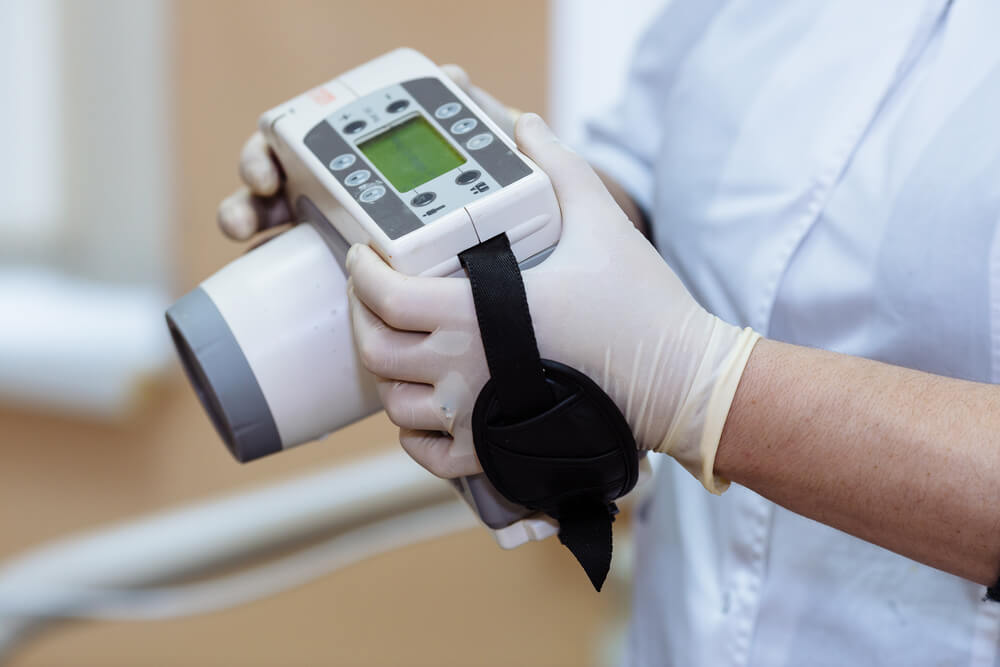
FDA VCRP COSMETIC REGISTRATION
Cosmereg can assist you with all United States FDA cosmetic regulations, providing confirmation to the industry that you’re fulfilling United States FDA registration requirements, including reporting required by the California Safe Cosmetics Program and the United States FDA VCRP (Voluntary Cosmetic Registration Program)

FDA DETENTION ASSISTANCE
Cosmetic products are found to be noncompliant with FDA regulations may be detained by FDA Compliance Officers at the U.S. Port of Entry. If you need immediate assistance with FDA detention, we can work with you to solve the problem so the product can move past the Port of Entry and into the intended recipients’ hands.If you need a product added to a Green List or removed from a Red List, we can also help you.
Não sabe o que escolher?
Contate-nos hoje para uma consulta gratuita
FAQ
Beauty products (cosmetics) do not need to be approved by the FDA before marketing. However, some of their ingredients, such as color additives, may require independent approval. Companies that produce cosmetics do not need to register with the FDA. However, all products must be safe when used as indicated.
Sometimes, beauty products that claim to have benefits beyond improving or altering appearance may be classed as drugs. Sunscreen is one example of this. In cases such as this, these products require FDA approval but mainly companies notify voluntarily to the VCRP.
The FDA classifies products as cosmetics based on their intended use. The purpose of a product can be evaluated in a number of ways – through the effects described in its marketing, what customers expect from it, and even through certain ingredients. The FDA defines cosmetics as “articles intended to be rubbed, poured, sprinkled, or sprayed on, introduced into, or otherwise applied to the human body…for cleansing, beautifying, promoting attractiveness, or altering the appearance.” Some examples of products that are defined as cosmetics are:
- Lipsticks, eye shadows, foundations and other make-up products.
- Face and body moisturizers.
- Hair dyes and perming solutions.
- Body scents and perfumes.
- Nail polish, cuticle creams, etc.
Drugs, in comparison, are products that are defined as “articles intended for use in the diagnosis, cure, mitigation, treatment, or prevention of disease…and articles (other than food) intended to affect the structure or any function of the body of man or other animals.” Sometimes, a product fits the criteria to be classed as both a drug and a cosmetic, based on its intended use and effects.
The FDA recognizes ‘medical devices’ and ‘dietary supplements’ as separate categories in their own right, while other products, such as soaps, are regulated by the Consumer Product Safety Commission.
The FDA encourages both national and international cosmetics companies to register with its Voluntary Cosmetic Registration Program (VCRP). Registration to this program is entirely voluntary and no registration number is required to import cosmetics into the United States. The VCRP will only accept Cosmetic Product Ingredient Statements (CPIS) for products that are already ins distribution in the US.
However, if your products are classified as drugs, or both cosmetics and drugs, they must be approved by the FDA. Similarly, businesses that import ingredients for their cosmetics that can also be classified as food products, must meet the registration requirements of the Bioterrorism Act of 2002.
The FDA does not specify the testing required for each beauty product or ingredient. However, as a manufacturer, it is your responsibility to ensure that your products are safe when used as indicated in the instructions.
Some manufacturers, particularly those who are new to the market, may believe that a product is safe because they have used it themselves without any adverse effects, or because the ingredients are all ‘natural’. This is not correct.
OTC drugs are those that can be sold without a prescription from a medical professional. In these cases, the FDA regulates the formulations and labelling of different classes of drug, rather than the individual products. The FDA develops ‘monographs’ with guidelines for their production, distribution and application. Once the monograph is developed, companies can produce and sell these drugs without FDA pre-approval, as long as they are manufactured according to the guidelines. Monographs are used to establish the safety, effectiveness and required labelling of all OTC products.
A ‘monograph’ is used to define the safe and appropriate manufacture and use of OTC drugs. It covers ingredients, doses, formulation, indications for use and how the product should be labelled. Companies can manufacture and sell these drugs without a specific product license, as long as they conform to what is stipulated in the monograph. Monographs are published in the government’s Code of Federal Regulations(CFR). The function of the FDA is to ensure that the obligations of the Federal Food, Drug and Cosmetic Act are fulfilled.
Oferecemos outros serviços para os Estados Unidos



